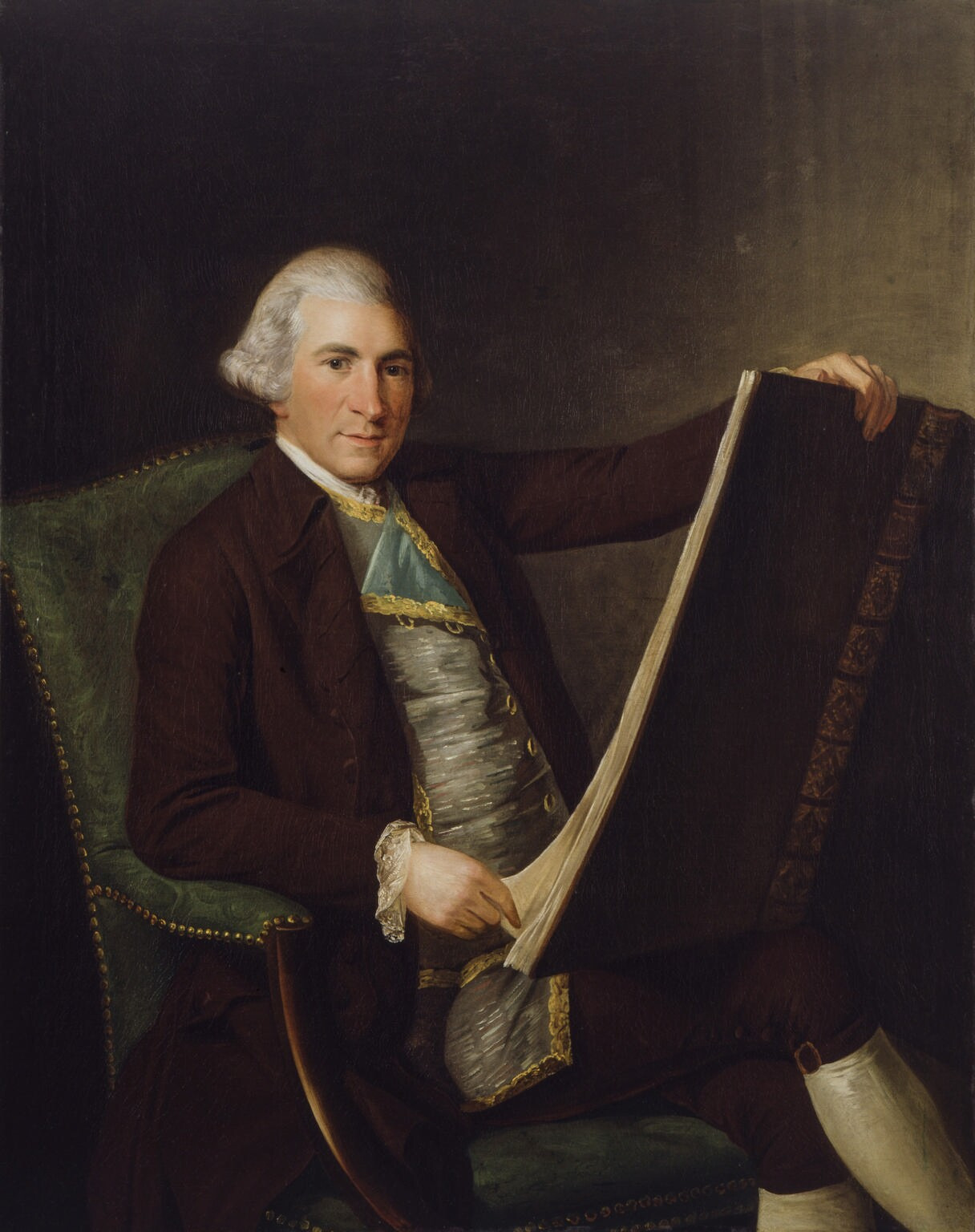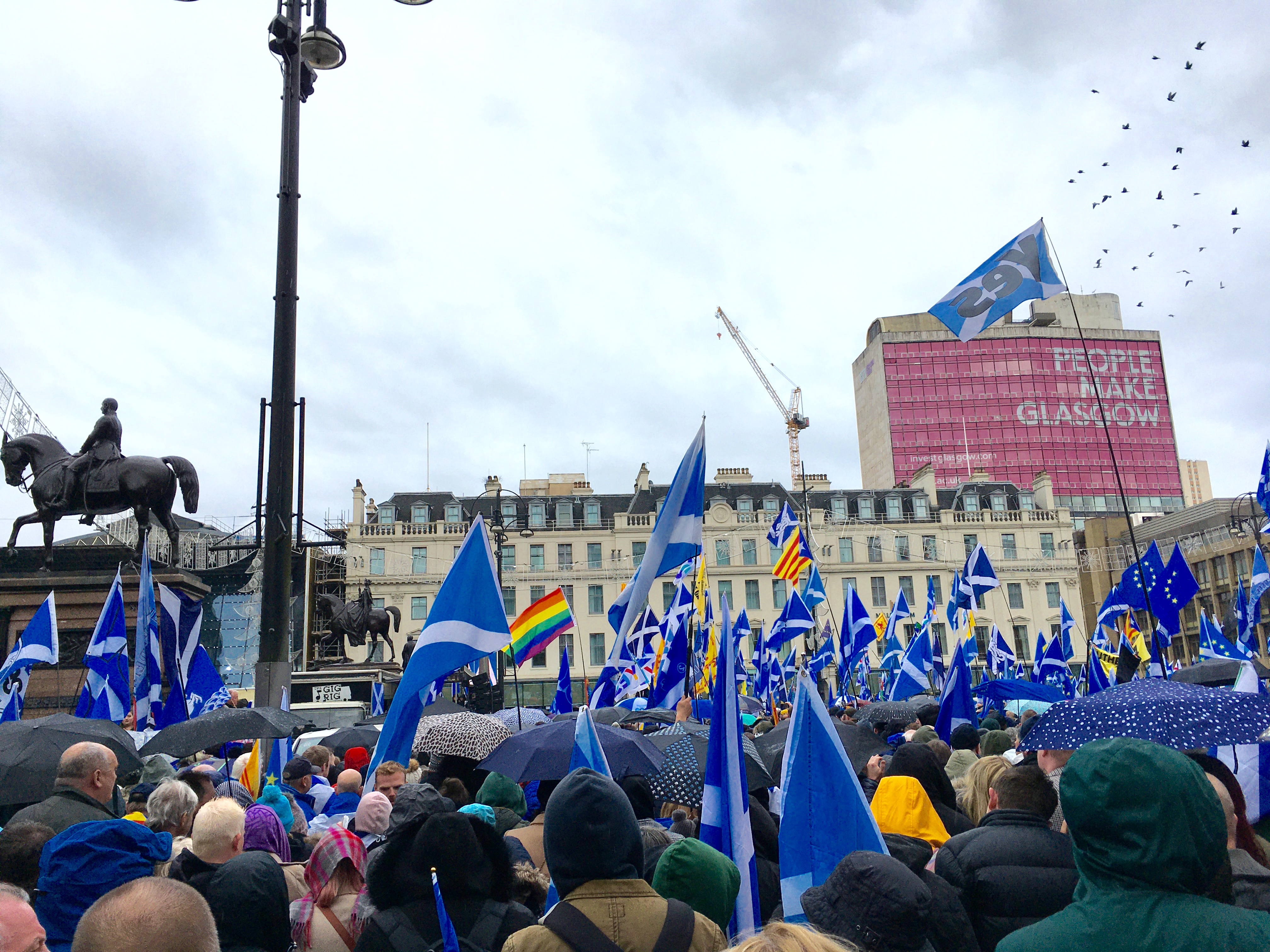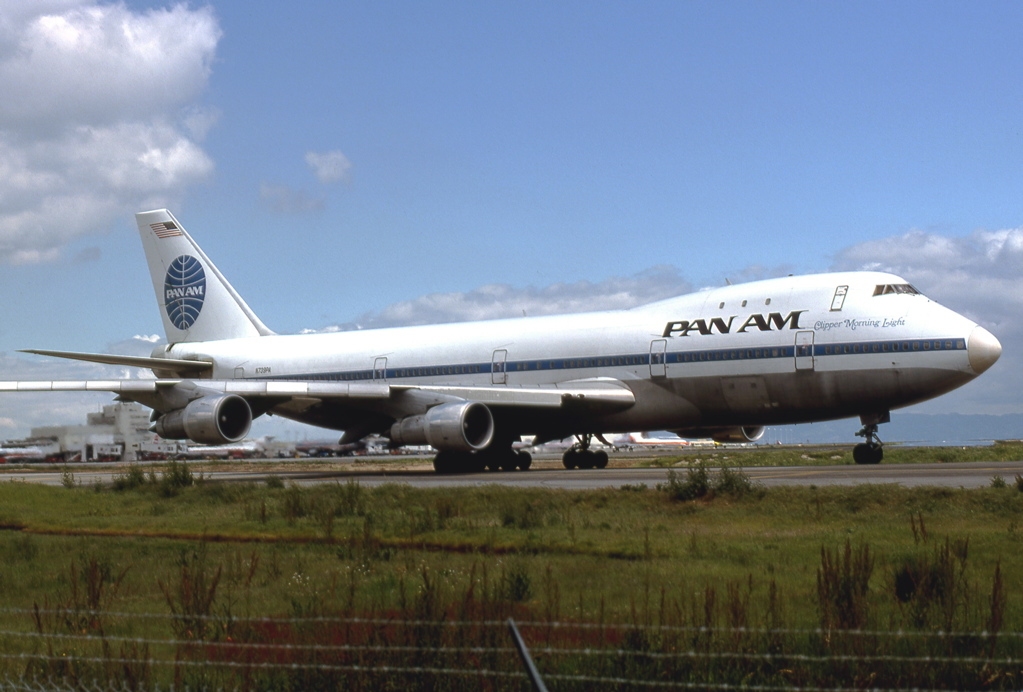|
Premiership Of Alex Salmond
Alex Salmond's term as First Minister of Scotland, first minister of Scotland began on 17 May 2007 when he was formally sworn into office at the Court of Session. It followed his Scottish National Party's win at the 2007 Scottish Parliament election, where his party defeated the Premiership of Jack McConnell, incumbent Scottish Labour, Labour Party by just one seat. Salmond's term ended on 18 November 2014, following his resignation in the aftermath of the Yes Scotland, Yes campaign's defeat in the 2014 Scottish independence referendum. Salmond led the Scottish National Party (SNP) through the 2007 Scottish Parliament election, where his party won 47 seats, one more than the Second McConnell government, incumbent Scottish Labour. Initially approaching the Scottish Liberal Democrats for a coalition, they declined, and instead, Salmond formed a minority government with the Confidence and supply, confidence and supply deal of the Scottish Greens. Entering office, the First Salmond g ... [...More Info...] [...Related Items...] OR: [Wikipedia] [Google] [Baidu] |
Bute House
Bute House (Gaelic: ''Taigh Bhòid'') is the official residence of the First Minister of Scotland located within Charlotte Square in Edinburgh. Alongside two other personal offices at the Scottish Parliament Building and St. Andrew's House, Bute House also contains a smaller office used by the First Minister when in official residence. Located at 6 Charlotte Square in the New Town, it is the central house on the north side of the square, and was designed by Robert Adam. Bute House was conveyed to the National Trust for Scotland by the Marquess of Bute in 1966. Between 1970 and 1999 it served as the official residence of the Secretary of State for Scotland. Since July 1999, it has been the official residence of the First Minister. The four-storey house contains the Cabinet Room, offices and conference, reception, sitting and dining rooms where the First Minister works, and where Scottish Government ministers, official visitors and guests are received and entertained. The sec ... [...More Info...] [...Related Items...] OR: [Wikipedia] [Google] [Baidu] |
Confidence And Supply
In a parliamentary democracy based on the Westminster system, confidence and supply are required for a ruling cabinet to retain power in the lower house. A confidence-and-supply agreement is one whereby a party or independent members of parliament will support the government in motions of confidence and appropriation or budget (supply) votes, by either voting in favour or abstaining. However, parties and independent members normally retain the right to otherwise vote in favour of their own policies or on conscience on legislative bills. A coalition government is a more formal arrangement than a confidence-and-supply agreement, in that members from junior parties (i.e., parties other than the largest) gain positions in the cabinet and ministerial roles, and may be expected to hold the government whip on passing legislation. Confidence In most parliamentary democracies, members of a parliament can propose a motion of confidence or of no confidence in the government or ex ... [...More Info...] [...Related Items...] OR: [Wikipedia] [Google] [Baidu] |
Devolved, Reserved And Excepted Matters
In the United Kingdom, devolved matters are the areas of public policy where the Parliament of the United Kingdom has devolved its legislative power to the national assemblies of Scotland, Wales and Northern Ireland, while reserved matters and excepted matters are the areas where the Parliament retains exclusive power to legislate. The devolved administrations in Scotland, Wales and Northern Ireland have been granted power by the Parliament under their respective legislators in all areas except those which are reserved (or excepted in the case of Northern Ireland). However, because the Parliament acts with sovereign supremacy, it is still able to pass legislation for all parts of the United Kingdom, including in relation to devolved matters. Devolution of powers within the United Kingdom The devolution of powers are set out in three main acts legislated by the UK Parliament for each of the devolved governments in Scotland, Wales and Northern Ireland. The acts also include su ... [...More Info...] [...Related Items...] OR: [Wikipedia] [Google] [Baidu] |
Constitution
A constitution is the aggregate of fundamental principles or established precedents that constitute the legal basis of a polity, organisation or other type of Legal entity, entity and commonly determine how that entity is to be governed. When these principles are written down into a single document or set of legal documents, those documents may be said to embody a ''written constitution''; if they are encompassed in a single comprehensive document, it is said to embody a ''codified constitution''. The Constitution of the United Kingdom is a notable example of an ''uncodified constitution''; it is instead written in numerous fundamental Acts of a legislature, court cases or treaties. Constitutions concern different levels of organizations, from Sovereign state, sovereign countries to Company, companies and unincorporated Club (organization), associations. A treaty which establishes an international organization is also its constitution, in that it would define how that organiza ... [...More Info...] [...Related Items...] OR: [Wikipedia] [Google] [Baidu] |
Scottish Parliament
The Scottish Parliament ( gd, Pàrlamaid na h-Alba ; sco, Scots Pairlament) is the devolved, unicameral legislature of Scotland. Located in the Holyrood area of the capital city, Edinburgh, it is frequently referred to by the metonym Holyrood. The Parliament is a democratically elected body comprising 129 members known as Members of the Scottish Parliament (MSPs), elected for five-year terms under the additional member system: 73 MSPs represent individual geographical constituencies elected by the plurality (first-past-the-post) system, while a further 56 are returned as list members from eight additional member regions. Each region elects seven party-list MSPs. Each region elects 15 to 17 MSPs in total. The most recent general election to the Parliament was held on 6 May 2021, with the Scottish National Party winning a plurality. The original Parliament of Scotland was the national legislature of the independent Kingdom of Scotland and existed from the early 13th centur ... [...More Info...] [...Related Items...] OR: [Wikipedia] [Google] [Baidu] |
Majority Government
A majority government is a government by one or more governing parties that hold an absolute majority of seats in a legislature. This is as opposed to a minority government, where the largest party in a legislature only has a plurality of seats. A government majority determines the balance of power. A majority government is usually assured of having its legislation passed and rarely if ever, has to fear being defeated in parliament, a state is also known as a working majority. In contrast, a minority government must constantly bargain for support from other parties in order to pass legislation and avoid being defeated on motions of no confidence. Single-party majority governments tend be formed in the aftermath of strong election performances. The term "majority government" may also be used for a stable coalition of two or more parties to form an absolute majority. One example of such an electoral coalition is in Australia, where the Liberal and National parties have run as an ... [...More Info...] [...Related Items...] OR: [Wikipedia] [Google] [Baidu] |
Maldives
Maldives (, ; dv, ދިވެހިރާއްޖެ, translit=Dhivehi Raajje, ), officially the Republic of Maldives ( dv, ދިވެހިރާއްޖޭގެ ޖުމްހޫރިއްޔާ, translit=Dhivehi Raajjeyge Jumhooriyyaa, label=none, ), is an archipelagic state located in South Asia, situated in the Indian Ocean. It lies southwest of Sri Lanka and India, about from the Asian continent's mainland. The chain of atolls of the Maldives, 26 atolls stretches across the equator from Atolls of the Maldives#Ihavandhippolhu, Ihavandhippolhu Atoll in the north to Addu Atoll in the south. Comprising a territory spanning roughly including the sea, land area of all the islands comprises , Maldives is one of the world's most geographically dispersed sovereign states and the List of sovereign states and dependent territories in Asia, smallest Asian country as well as one of the smallest Muslim countries, Muslim-majority countries by land area and, with around 557,751 inhabitants, the 2nd List of Asian ... [...More Info...] [...Related Items...] OR: [Wikipedia] [Google] [Baidu] |
Climate Crisis
''Climate crisis'' is a term describing global warming and climate change, and their impacts. The term and the alternative term ''climate emergency'' have been used to describe the threat of global warming to humanity (and their planet), and to urge aggressive climate change mitigation. In the scientific journal ''BioScience'', a January 2020 article, endorsed by over 11,000 scientists worldwide, stated that "the climate crisis has arrived" and that an "immense increase of scale in endeavors to conserve our biosphere is needed to avoid untold suffering due to the climate crisis." The term is applied by those who "believe it evokes the gravity of the threats the planet faces from continued greenhouse gas emissions and can help spur the kind of political willpower that has long been missing from climate advocacy". They believe that, much as "global warming" drew out more emotional engagement and support for action than "climate change", calling climate change a crisis could have a ... [...More Info...] [...Related Items...] OR: [Wikipedia] [Google] [Baidu] |
Scottish Independence
Scottish independence ( gd, Neo-eisimeileachd na h-Alba; sco, Scots unthirldom) is the idea of Scotland as a sovereign state, independent from the United Kingdom, and refers to the political movement that is campaigning to bring it about. Scotland was an independent kingdom through the Middle Ages, and fought wars to maintain its independence from England. The two kingdoms were joined in personal union in 1603 when the Scottish King James VI became James I of England, and the two kingdoms united politically into one kingdom called Great Britain in 1707. Political campaigns for Scottish self-government began in the 19th century, initially in the form of demands for home rule within the United Kingdom. Two referendums on devolution were held in 1979 and 1997, with a devolved Scottish Parliament being established on 1 July 1999. The pro-independence Scottish National Party first became the governing party of the devolved parliament in 2007, and it won an outright majority of ... [...More Info...] [...Related Items...] OR: [Wikipedia] [Google] [Baidu] |
Scottish Nationalism
Scottish nationalism promotes the idea that the Scottish people form a cohesive nation and national identity. Scottish nationalism began to shape from 1853 with the National Association for the Vindication of Scottish Rights, progressing into the Scottish National Movement in the 1920s maturing by the 1970s and achieved present ideological maturity in the 1980s and 1990s. The nation's origin, political context and unique characteristics including the Gaelic language, poetry and film maintains an individual's distinct identification and support of Scotland. Origins Scottish Nationalism, the concept of Scotland as an individual Nation state became prominent within Scotland in the Middle Ages. During the Anglo-Scottish Wars, the campaign led by Scotland was to obtain Scottish independence as a separate sovereign state. The campaign was successful, and following the Declaration of Arbroath, a formal letter sent to Pope John XXII, Scotland, and the nation's individual identity w ... [...More Info...] [...Related Items...] OR: [Wikipedia] [Google] [Baidu] |
Pan Am Flight 103
Pan Am Flight 103 was a regularly scheduled Pan Am transatlantic flight from Frankfurt to Detroit via a stopover in London and another in New York City. The transatlantic leg of the route was operated by ''Clipper Maid of the Seas'', a Boeing 747-121 registered N739PA. Shortly after 19:00 on 21 December 1988, while the aircraft was in flight over the Scottish town of Lockerbie, it was destroyed by a bomb that had been planted on board, killing all 243 passengers and 16 crew in what became known as the Lockerbie bombing. Large sections of the aircraft crashed in a residential street in Lockerbie, killing 11 residents. With a total of 270 fatalities, it is the deadliest terrorist attack in the history of the United Kingdom, as well as its deadliest aviation disaster. Following a three-year joint investigation by Dumfries and Galloway Constabulary and the US Federal Bureau of Investigation (FBI), arrest warrants were issued for two Libyan nationals in November 1991. In 1999, Lib ... [...More Info...] [...Related Items...] OR: [Wikipedia] [Google] [Baidu] |
Terrorism
Terrorism, in its broadest sense, is the use of criminal violence to provoke a state of terror or fear, mostly with the intention to achieve political or religious aims. The term is used in this regard primarily to refer to intentional violence during peacetime or in the context of war against non-combatants (mostly civilians and neutral country, neutral military personnel). The terms "terrorist" and "terrorism" originated during the French Revolution of the late 18th century but became widely used internationally and gained worldwide attention in the 1970s during The Troubles, the Troubles in Northern Ireland, the Basque conflict, and the Israeli–Palestinian conflict. The increased use of suicide attacks from the 1980s onwards was typified by the 2001 September 11 attacks in the United States. There are various different definitions of terrorism, with no universal agreement about it. Terrorism is a Loaded language, charged term. It is often used with the connotation of some ... [...More Info...] [...Related Items...] OR: [Wikipedia] [Google] [Baidu] |
.jpg)





